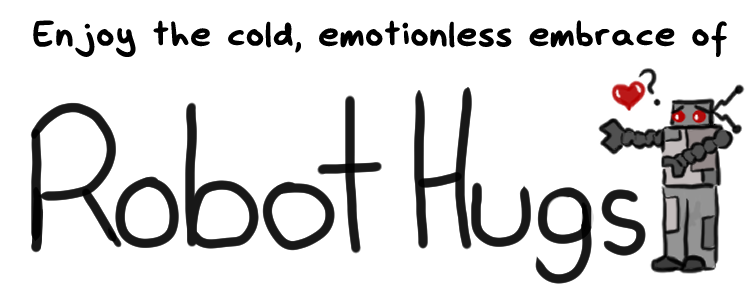
As part of my job, I do a lot of workshops and education about issues around disability and accessibility. Part of my workshops is a general Q&A around disability.
Does anyone have any questions about what we talked about? No judgments!
And a few times I've gotten a variation of this question...
What do we do if we see someone using accessible services such as parking spaces when they don't have a disability?
Ahh... the 'fake disabled person'...
I saw a woman in a wheelchair at the grocery store but then she STOOD UP to get something from a shelf!
Someone came into the restaurant with a guide dog but then I saw him reading the menu!
I don't get how he can say he's Deaf but I saw him wearing headphones...
They use a cane but I saw them without it this weekend, walking just fine!
It seems like people often have a fairly rigid view of what disability is - that it's an all-or-nothing thing, and that it is always visible... but disability is a lot more diverse than that!
I use a wheelchair, but I can stand for a short time, and even take a few steps if I'm careful.
I'm Deaf but I can hear some low tones - that's why I love clubbing so much!
I'm legally blind but I can make out shadows, and with my magnifier I can read some large text.
Most days I need my cane, but sometimes I can take short trips without having to bring it along.
Janice:
Able-bodied 'accessibility police' do things like leave mean notes on cars in accessible parking lots, or yell at people on transit, but they never have the whole picture and they make a lot of bad assumptions. Their narrow view of disability causes me more harm than good.
I've held an uncomfortable, cramped position in public spaces because I didn't want someone to see me move my legs.
I'll park further away, even though the longer walk is very difficult, because I don't want people to yell at me for using the accessible parking space.
I guess I look like a young, able-bodied person, because I get a lot of abuse for using the accessible seating on the subway. I'd rather stand and be in pain then deal with that every day.
My advice? If you see a stranger use an accessibility service who doesn't seem to need it, don't intervene. The number of people who are 'taking advantage' of disability accommodations is probably a lot lower than you think, and you might be making someone's day a lot worse just for using accommodations they need.
What you can do is model good behaviour with your own body and actions, and by advocating for accessibility accommodations in your environments, so that there is ample space and services for everyone who needs it.





